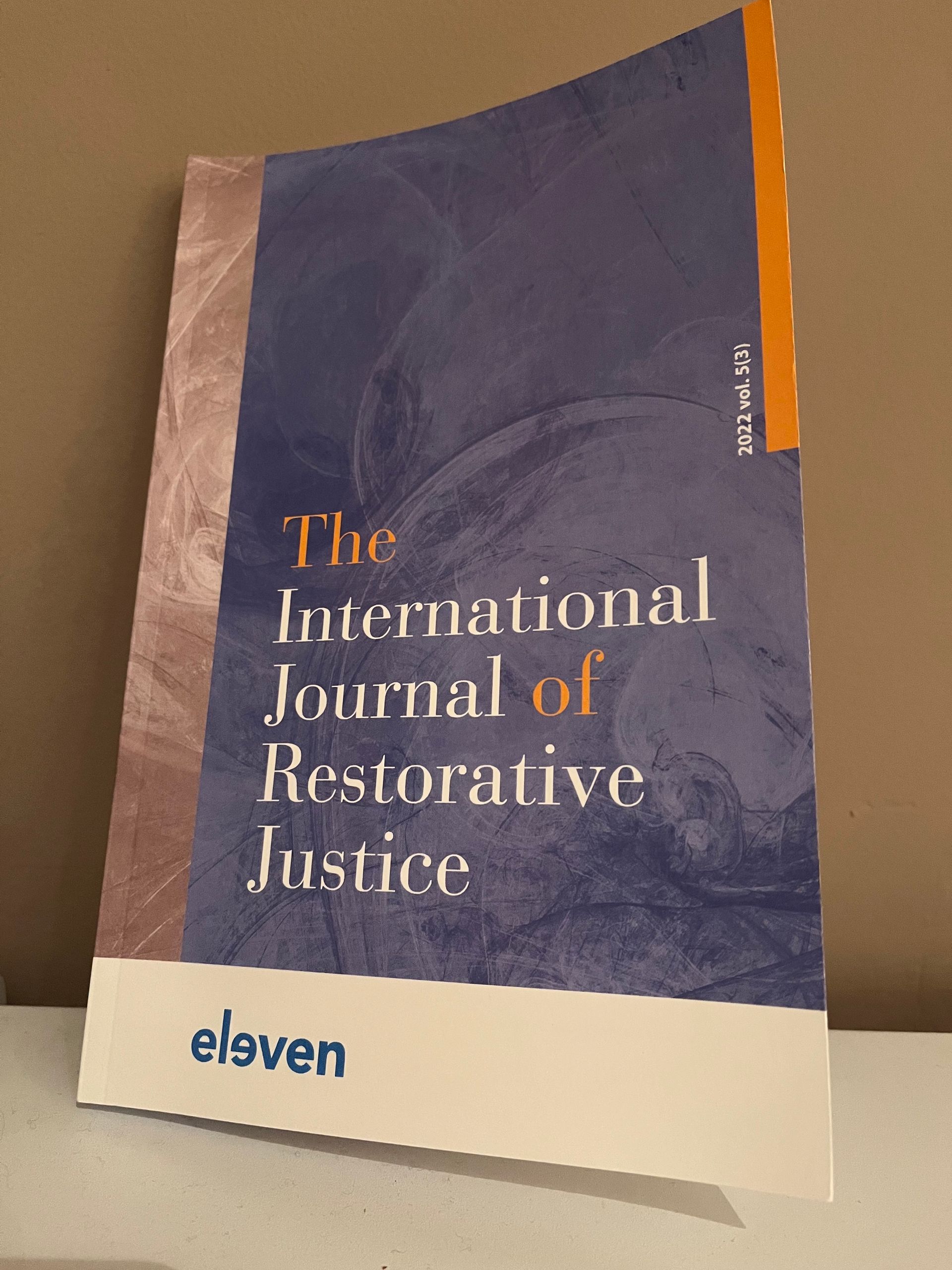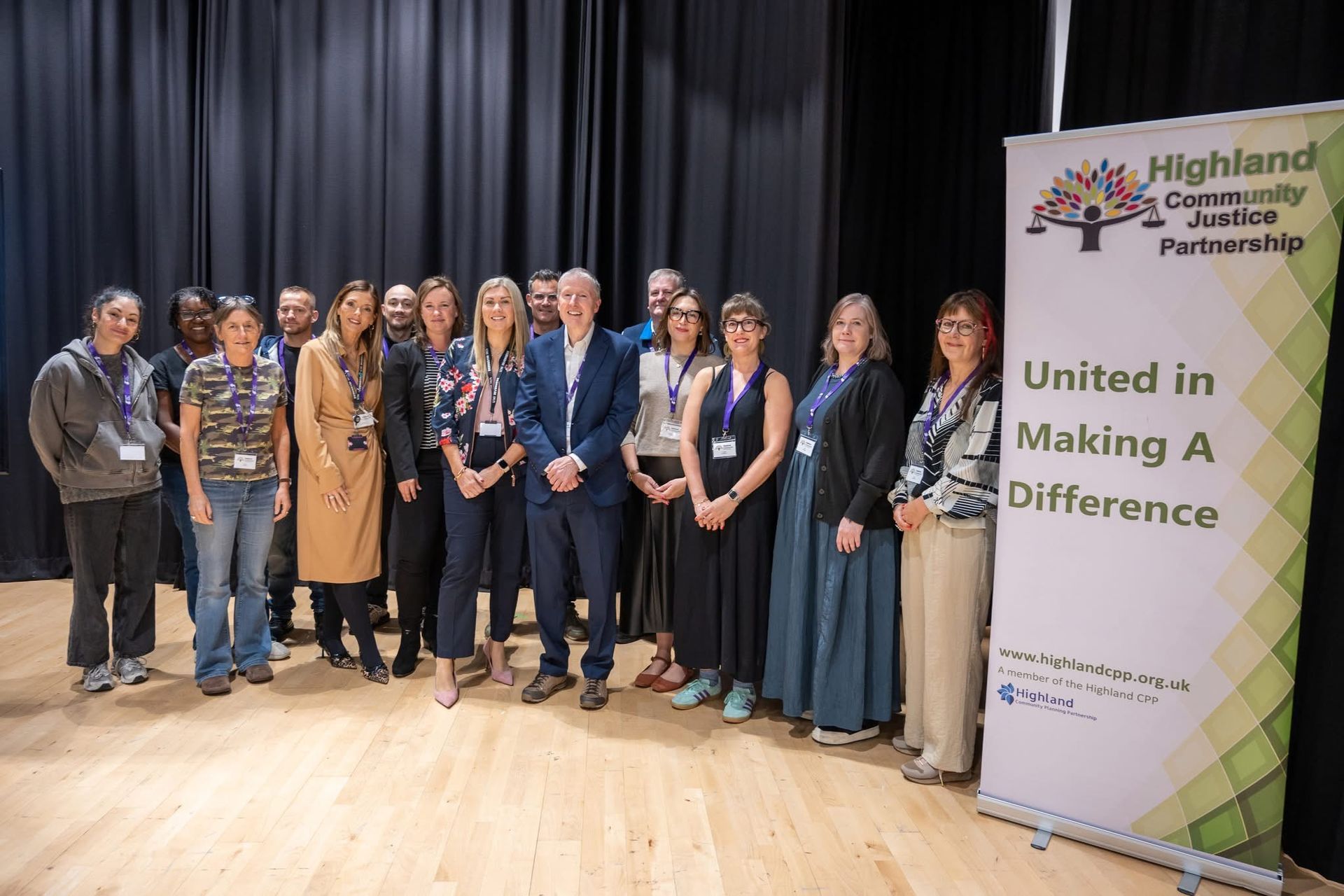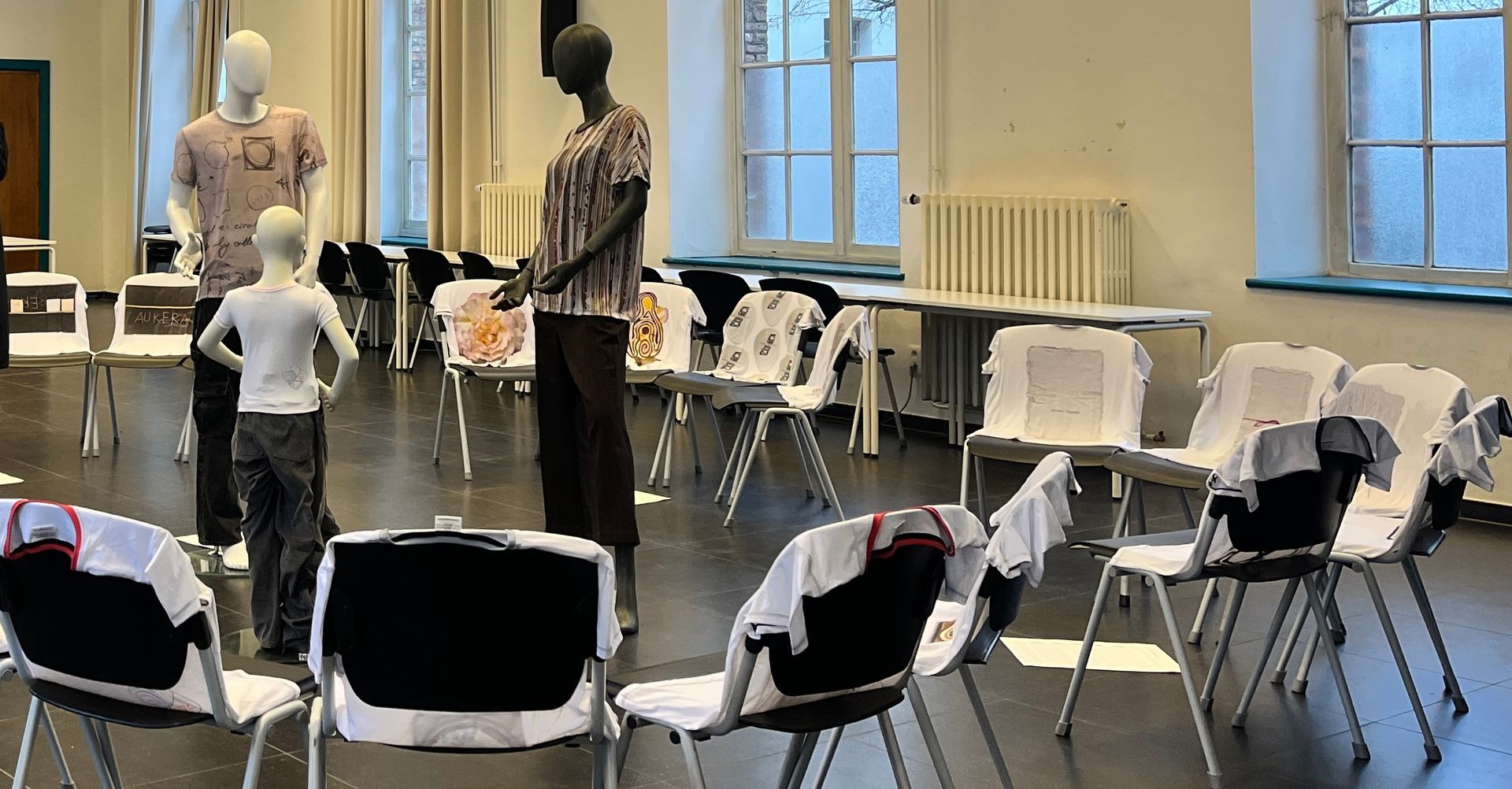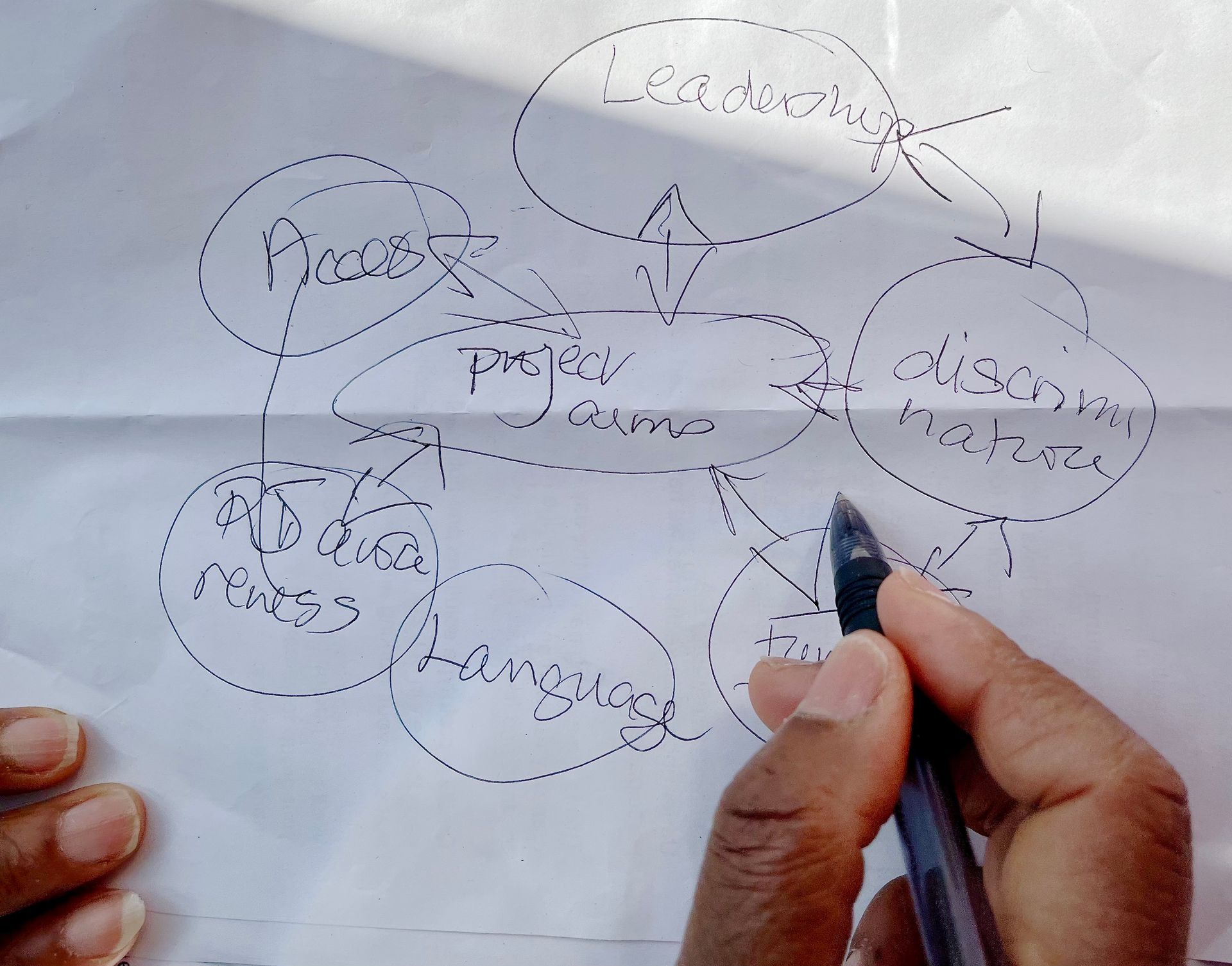My latest article
A language of convergence: the co-created handmade thing as a 'conversation starter' within restorative justice processes
This article based on findings from my PhD thesis has just been published in a special edition of The International Journal of Restorative Justice 2022, Vol. 5, No. 3. You can find a link to it on the publisher's website here.

Abstract
Literacy and language challenges amongst offending populations are well-documented and yet restorative justice processes rely heavily on oral and literacy competencies. Through a qualitative practice-based study, the co-creative making and gifting of a handmade thing as part of a restorative justice process is found to enable the formation of a ‘physical’ and ‘non-offending language’ within the person responsible (offender). In this way, a handmade thing is viewed as a ‘conversation starter’, and as helping to form connections, so-called solidarities, across the space between participants in restorative justice encounters. Through phenomenological and thematic analyses of the data, co-creative making and gifting are shown to be innately about the formation of solidarities between people. It is proposed that they contribute towards a language of convergence in which non-verbal components are primary, with verbal elements emerging secondarily. This language draws on the author’s own definition of solidarity in restorative justice research and practice as a place of convergence, meaning to bend or turn towards the other.





